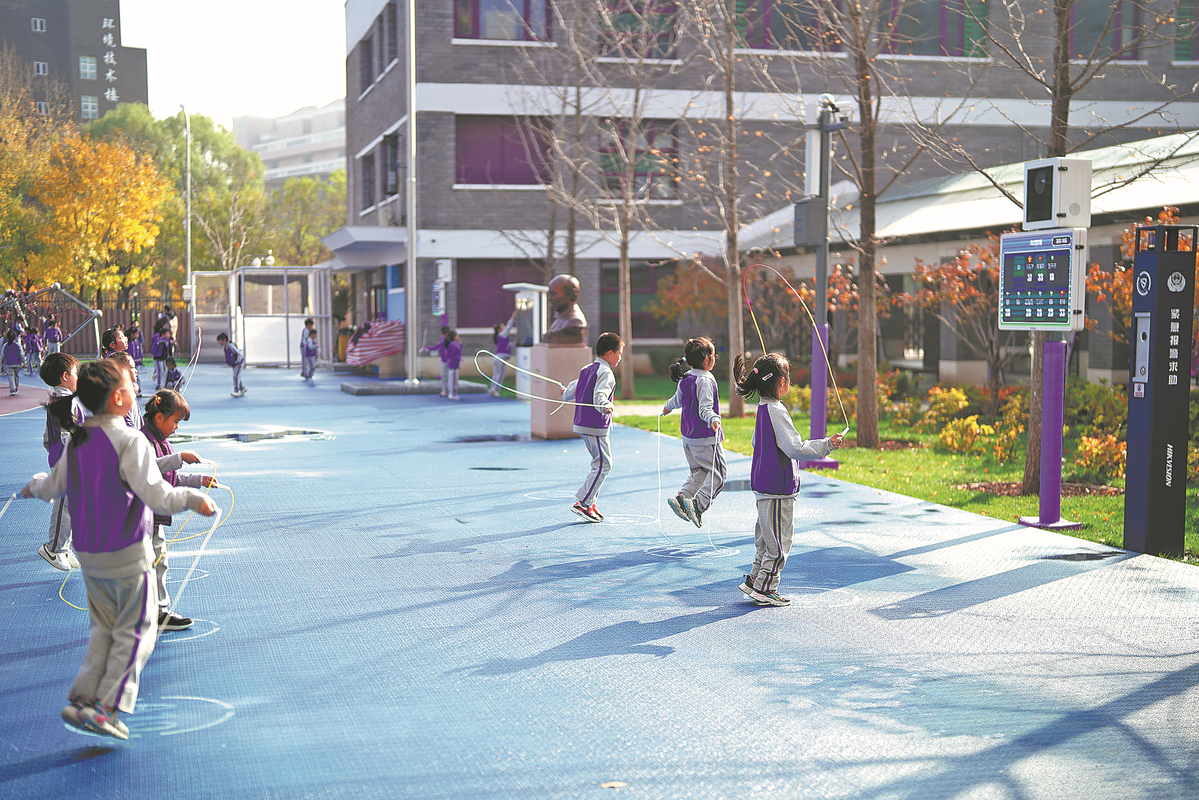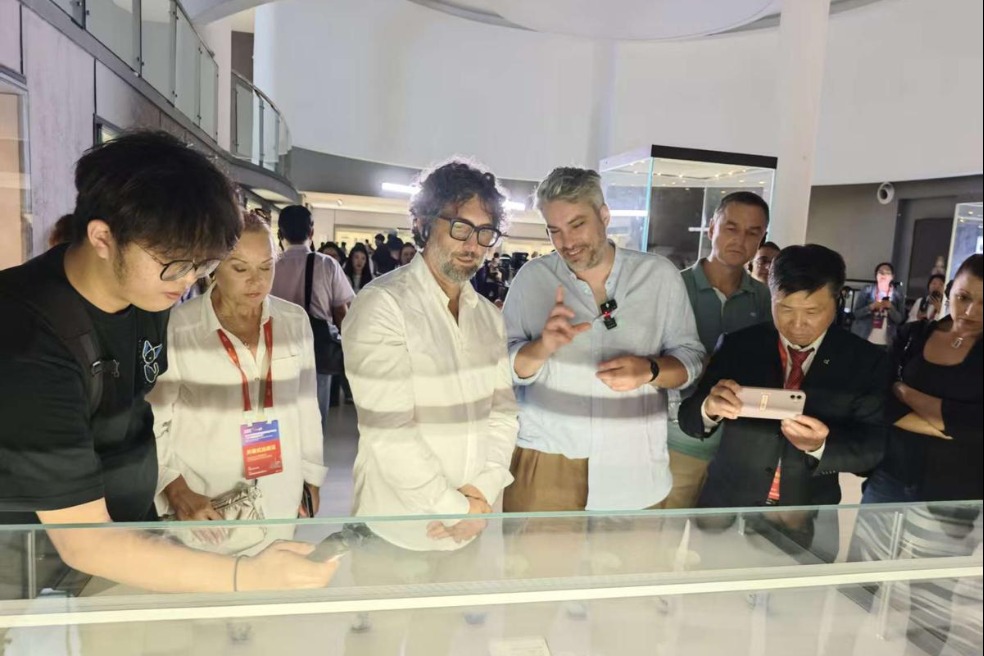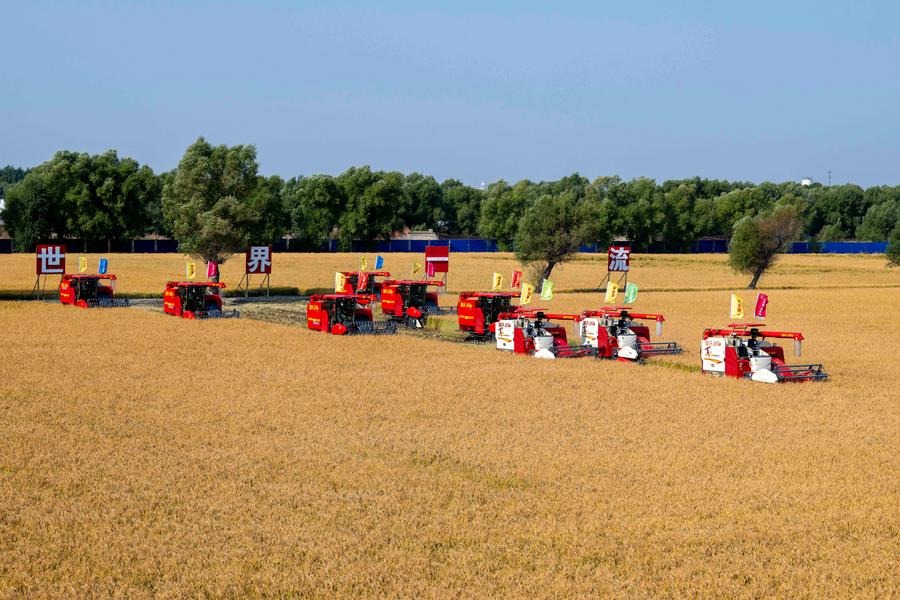Classroom trials of artificial intelligence tracked


Journalist-turned-biographer Fan Haitao is preparing to release a new book about children in the era of artificial intelligence, though she has yet to settle on a final title.
For the past three years, since her daughter started attending, she has been following the developments at the century-old primary school affiliated with Tsinghua University.
Her project has already garnered attention among commentators and publishers, thanks to her previous best-selling biographies of influential IT entrepreneurs Lei Jun, Zhou Hongyi and Kai-Fu Lee.
As readers speculate about the next business visionary in China's current economic climate, Fan has shifted her focus to examining the AI-driven era.
"I was anxious when the AI wave hit, worried about its impact on my daughter and my career. That's when I decided to delve into how the education sector is navigating the AI era," she said.
Fan shared her insights exclusively with China Daily.
Her narrative is crafted with professional finesse, weaving in her personal research on the prestigious school and presenting perspectives on AI from various Tsinghua University professors.
The specifics of implementing AI in education have yet to be fully explored, but schools are actively experimenting with various approaches.
Her firsthand observations of AI's impact on education began when she noticed her daughter's determination to wake up early and practice jump rope at school.
She was puzzled until she discovered the school's intelligent campus AI project, which records each child's jump rope count and displays the data on an electronic billboard. The database can help students review their performance independently.
"The overall performance of the class is also displayed, and it's fascinating to see each child competing for their class's honor, which has ultimately improved their physical fitness," she said.
The school is enhancing its efforts to develop a large language model with themed teaching, inspired by principal Dou Guimei, a nationally accredited top-level language and literature teacher.
"She hopes the themed model will benefit current educational reforms and be implemented in schools in Lhasa in the Xizang autonomous region, and Fuzhou in Fujian province," Fan said.
In the first chapter of her book, she highlights the school's dedicated efforts in AI-supported teaching trials and the principal's commitment, reflecting the spirit of exploration among the Chinese people.
The vivid portrayal of the principal and her team's endeavors underscores that Tsinghua University's affiliated primary school is not an isolated case.
Many schools in China are experimenting in this field because, as Fan puts it, "The future of AI's development has enormous possibilities and is displaying a vigorous development momentum."
yangcheng@chinadaily.com.cn
- Classroom trials of artificial intelligence tracked
- City's campuses balance digital, real-world study
- Plan fast-tracks HK's development
- Beijing makes AI education compulsory in public schools
- Beijing hospitals to gain faster access to novel drugs under new measures
- Typhoon, cold front to bring wet, windy weather




































